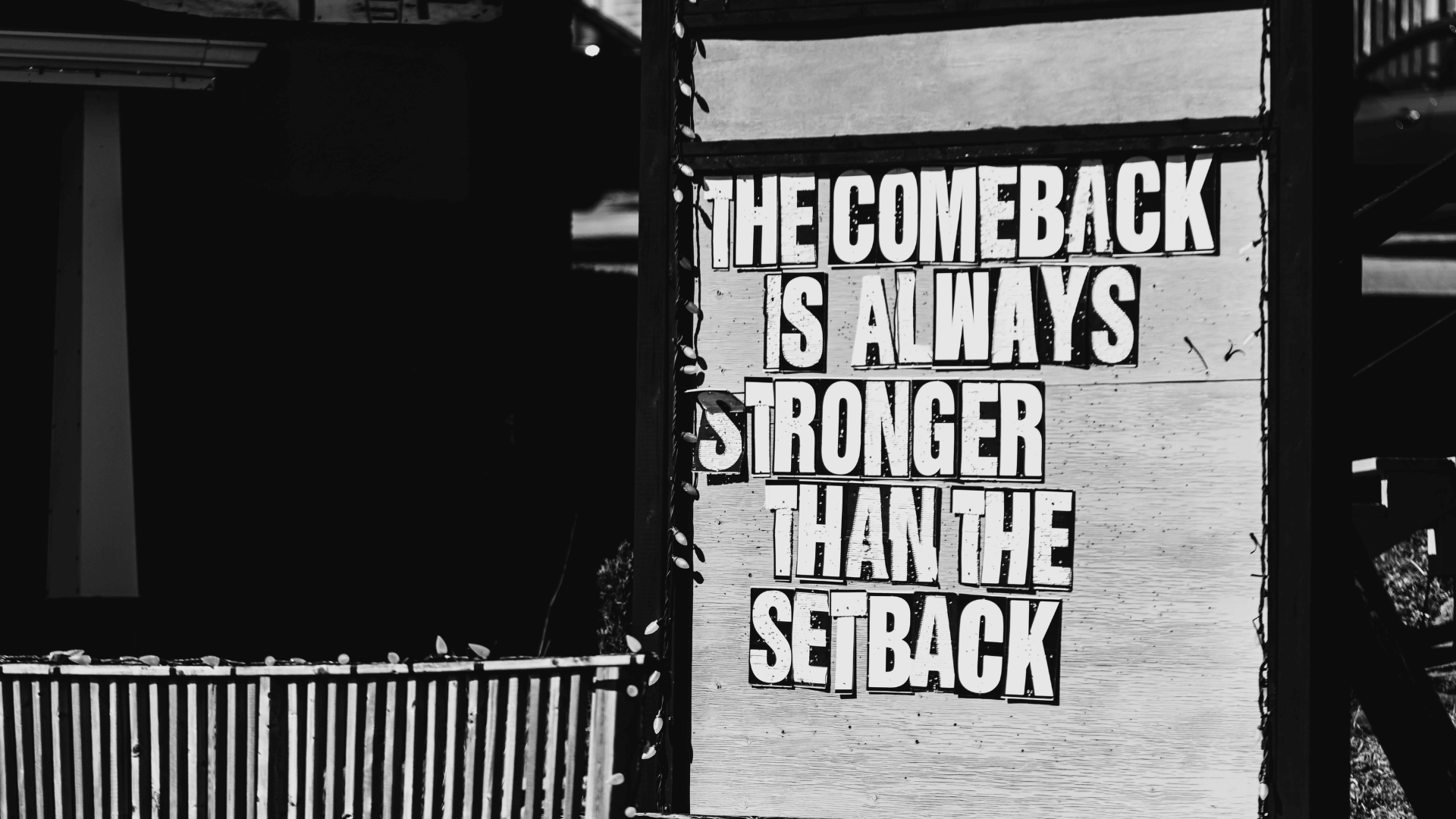Ode to Fried Chicken
Here’s something special from me at Thanksgiving. Honesty, I don’t have anything against turkey, but fried chicken transcends any calendar date.
Ode to Fried Chicken at Church Potlucks
Oh, golden treasure of the church social feast,
Crisped to perfection, a southern culinary beast,
Fried chicken, your sizzle whispers tales of home,
In the fellowship hall, where community roams.
Beneath steeples high, where hymns softly play,
Your aroma, like a gospel choir, steals the day.
Each piece, a sermon in crunchy, savory skin,
Whispers of potlucks past, and kinship within.
Thou art not merely food, but a binding spell,
Uniting souls in prayer, and stories to tell.
In your golden crust, a crunch of history resides,
Of grandmas and aunties, their secret recipes they hide.
Breast, wing, thigh, and drumstick too,
Laid upon checkered cloths, a heavenly view.
With each bite, a chorus of “Amen” rings,
In the sacred halls, where the community sings.
You transcend mere taste, oh bird divine,
In your juicy depths, memories and love entwine.
You’re more than a meal; you’re a shared embrace,
A symbol of grace, in this humble place.
As hands reach forth, in harmony they gather,
Around your platter, differences don’t matter.
In the clasp of prayer and the breaking of bread,
Your presence reminds us of the words Jesus said.
In this potluck, a mosaic of dishes array,
Yet, fried chicken, in you, our hearts sway.
You’re the star, the comfort, the soul’s delight,
In every bite, a testament of communal might.
In Mississippi’s warmth, under God’s own sky,
You bring us together, and lift spirits high.
Oh, fried chicken at potlucks, you’re more than food,
You’re a symbol of fellowship, gratitude, and good mood.
So here’s to you, fried chicken, in your crispy glory,
A simple dish, yet an anchor in every church story.
In each golden piece, a taste of southern love,
A blessing from kitchens below, and heavens above.










